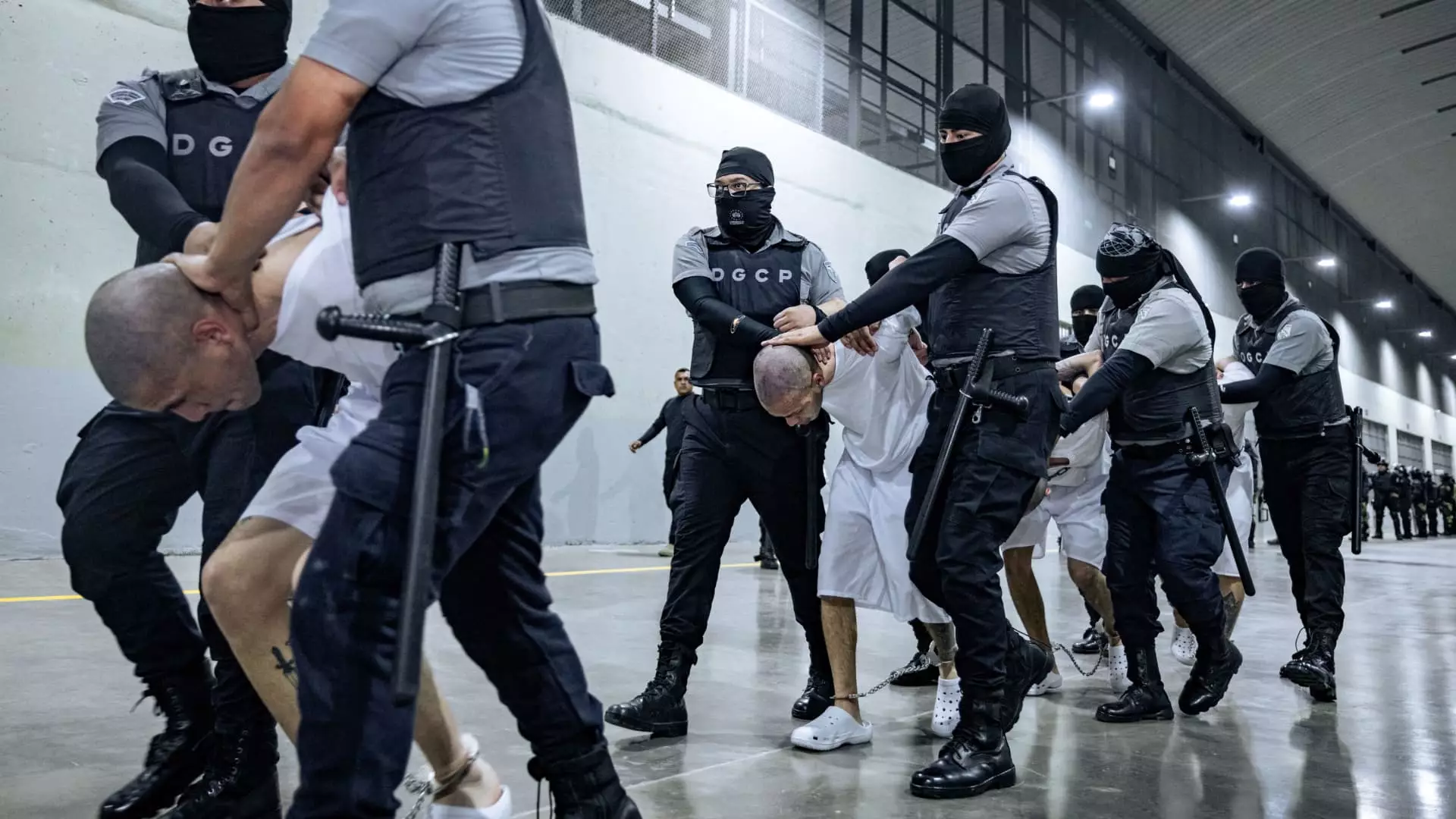In an era where human rights debates often collide with stark political realities, the recent decision by the Supreme Court regarding Kilmar Abrego Garcia serves as a critical lens through which we must examine the systemic failings of our immigration policies. Abrego Garcia, a Maryland resident who was incorrectly deported to El Salvador, is now caught in the web of legal and procedural missteps that illustrate the devastating consequences of a government that prioritizes expediency over justice.
The Supreme Court’s ruling to uphold the lower court’s order demanding the Trump administration “facilitate” Abrego Garcia’s return is a much-needed affirmation of justice. Yet even within this seemingly favorable outcome, the ruling has revealed the inherent contradictions within our legal framework. Abrego Garcia was forcibly removed from his life in Maryland due to what the Justice Department described as an “administrative error,” a term that trivializes the human cost of bureaucratic negligence. The Court’s direction for clarification on the use of the term “effectuate” suggests a disconcerting hesitancy to confront the horror of Abrego Garcia’s situation head-on.
Administrative Errors or Systemic Failings?
The acknowledgment by the Trump administration that Abrego Garcia’s deportation was illegal denotes a chilling reminder of the flaws entrenched in our immigration system. While the government cites supposed affiliations with the MS-13 gang as justification for Abrego Garcia’s deportation, his lawyers vehemently dispute these claims. Their insistence that he has lived untarnished by any criminal allegations for over a decade calls into question not only his culpability but also the motives behind his forced removal.
This situation accentuates a major flaw within immigration enforcement: the rush to label and categorize individuals often leads to grave injustices. It is imperative to draw attention to the fact that Abrego Garcia was snatched from his life based on dubious claims and procedural failures rather than concrete evidence of wrongdoing. The implications of such a standard raise profound ethical questions about who gets to shape our immigration narrative and at what cost.
The Role of the Supreme Court: An Uncertain Path Forward
The Supreme Court’s mixed messages send shockwaves through a legal system already grappling with the fear of overreach. By recognizing the need for the government to clarify its actions while also suggesting deference to the Executive Branch’s control over foreign affairs, the Court has placed the well-being of individuals like Abrego Garcia in a precarious position. This balance between governmental authority and individual rights is often skewed, with the rights of the vulnerable overshadowed by the ambitions of leadership.
Advocating for individuals unjustly caught in the clutches of the immigration system is not merely a legal obligation; it is a moral imperative. The narrative surrounding Kilmar Abrego Garcia serves as a stark reminder that in the quest for secure borders and streamlined processes, we must not lose sight of our shared humanity. Each case is not just a statistic but an individual’s life intricately woven into the fabric of a nation that prides itself on being a haven for the oppressed.
As we navigate the complexities of this case, let us rally around the principle that justice must transcend administrative convenience. The plight of Kilmar Abrego Garcia is a call to action to reassess our attitudes toward immigration and honor the dignity of every person, regardless of their origins.


Leave a Reply